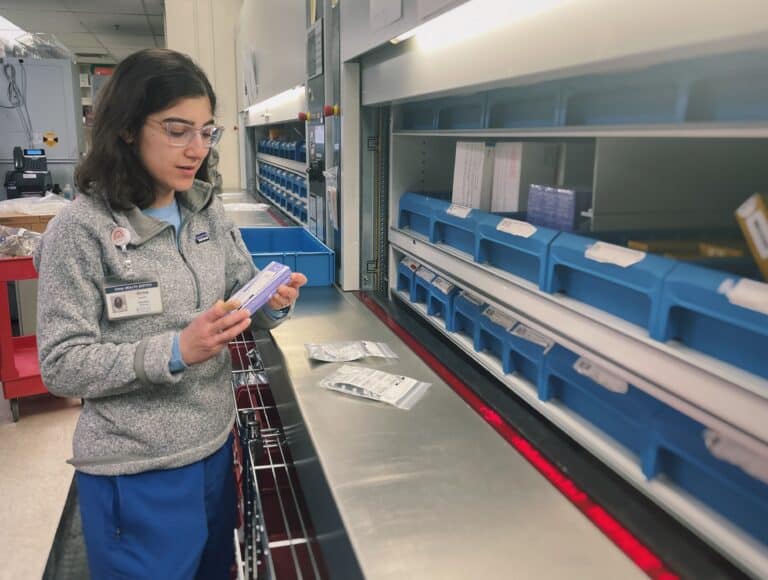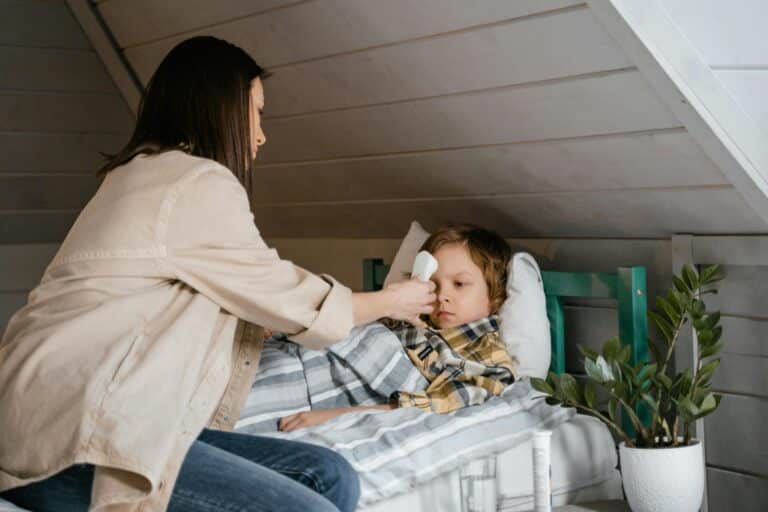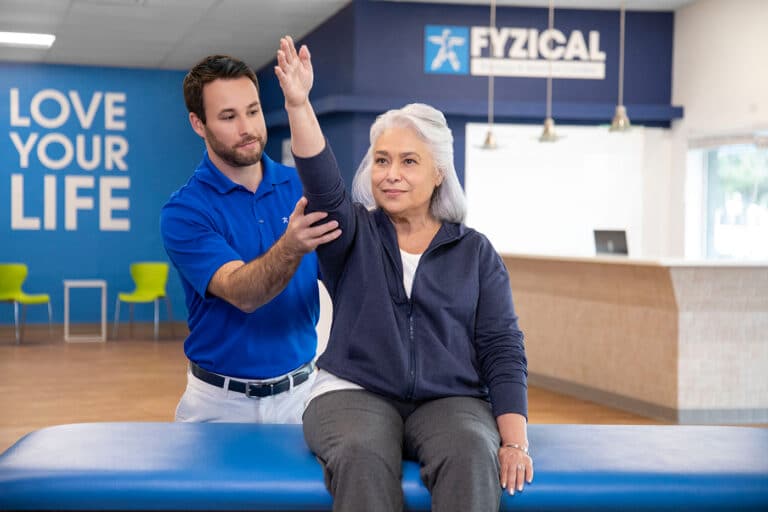Source: Skin Cancer Foundation
There are several steps you can take to take care of your skin.
1. Don’t skimp on sun protection.
Proper sun protection is essential year-round since the sun’s ultraviolet (UV) rays are present every day. Skin cancer is mainly a behavioral disease and it is strongly linked to sun exposure — about 90 percent of nonmelanoma skin cancers and 86 percent of melanomas are caused by the sun’s UV rays. For that reason, it’s critical to follow a complete sun protection regimen to help prevent skin cancer. The Skin Cancer Foundation recommends incorporating the following sun protection tips into your daily routine:
–Seek the shade, especially during the sun’s peak hours, between 10 a.m. and 4 p.m.
–Do not burn.
–Cover up with clothing, including a broad-brimmed hat and UV-blocking sunglasses.
–Use a broad spectrum (UVA/UVB) sunscreen with an SPF of 15 or higher every day. For extended outdoor activity, use a water-resistant, broad spectrum (UVA/UVB) sunscreen with an SPF of 30 or higher.
–Apply 1 ounce (about the size of a golf ball) of sunscreen to your entire body 30 minutes before going outside. Reapply every two hours and after swimming or excessive sweating.
2. Visit the dermatologist annually for a professional skin exam.
While skin cancer is the most common cancer in the world, it’s also one of the most treatable cancers when detected early. A yearly full-body skin exam performed by a dermatologist is critical, and can be lifesaving. In fact, the five-year survival rate for patients whose melanomas are detected early is 98 percent, and this survival rate falls to 16 percent once the disease spreads to distant organs.
3. Perform routine self-exams.
In addition to having a professional skin check annually, it’s important to examine your skin on a monthly basis to monitor for any new, changing or suspicious lesions. If you notice something new or changing, see a physician immediately. Performed regularly, self-exams should take no more than 10 to 15 minutes. Afraid you’ll forget? Make self-exams a habit by scheduling a recurring reminder in your cell phone.
4. Ditch tanning.
There is no such thing as a safe or healthy tan. Whether obtained on the beach, in a tanning bed or through incidental sun exposure, a tan represents skin damage. Tans are the skin’s attempt to repair itself from UV damage from the sun or tanning lamps, and if you have a tan, you have sustained skin cell damage. These imperfect repairs cause gene defects that can lead to skin cancer as well as skin aging, including wrinkles, leathery skin and age spots.
Those tempted to use a tanning bed this winter should think twice — people who first use a tanning bed before age 35 increase their risk for melanoma by an alarming 75 percent. Just one visit is all it takes to increase your skin cancer risk — a single session increases the risk for the two most common forms of skin cancer, basal cell carcinoma and squamous cell carcinoma, by 29 percent and 67 percent, respectively.
(A Wellness Update is a magazine devoted to up-to-the minute information on health issues from physicians, major hospitals and clinics, universities and health care agencies across the U.S. Online at www.awellnessupdate.com.)










